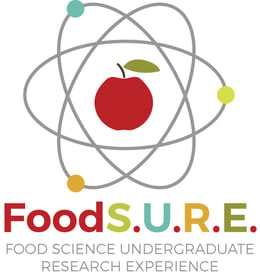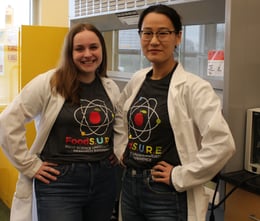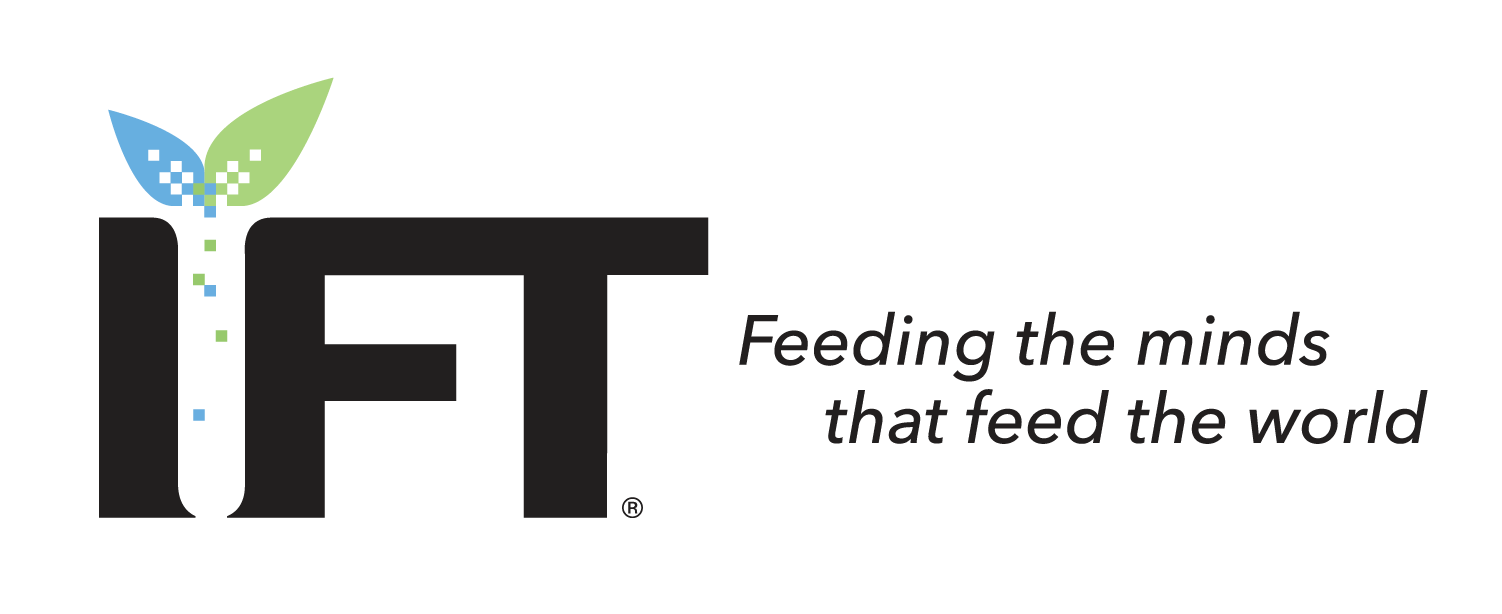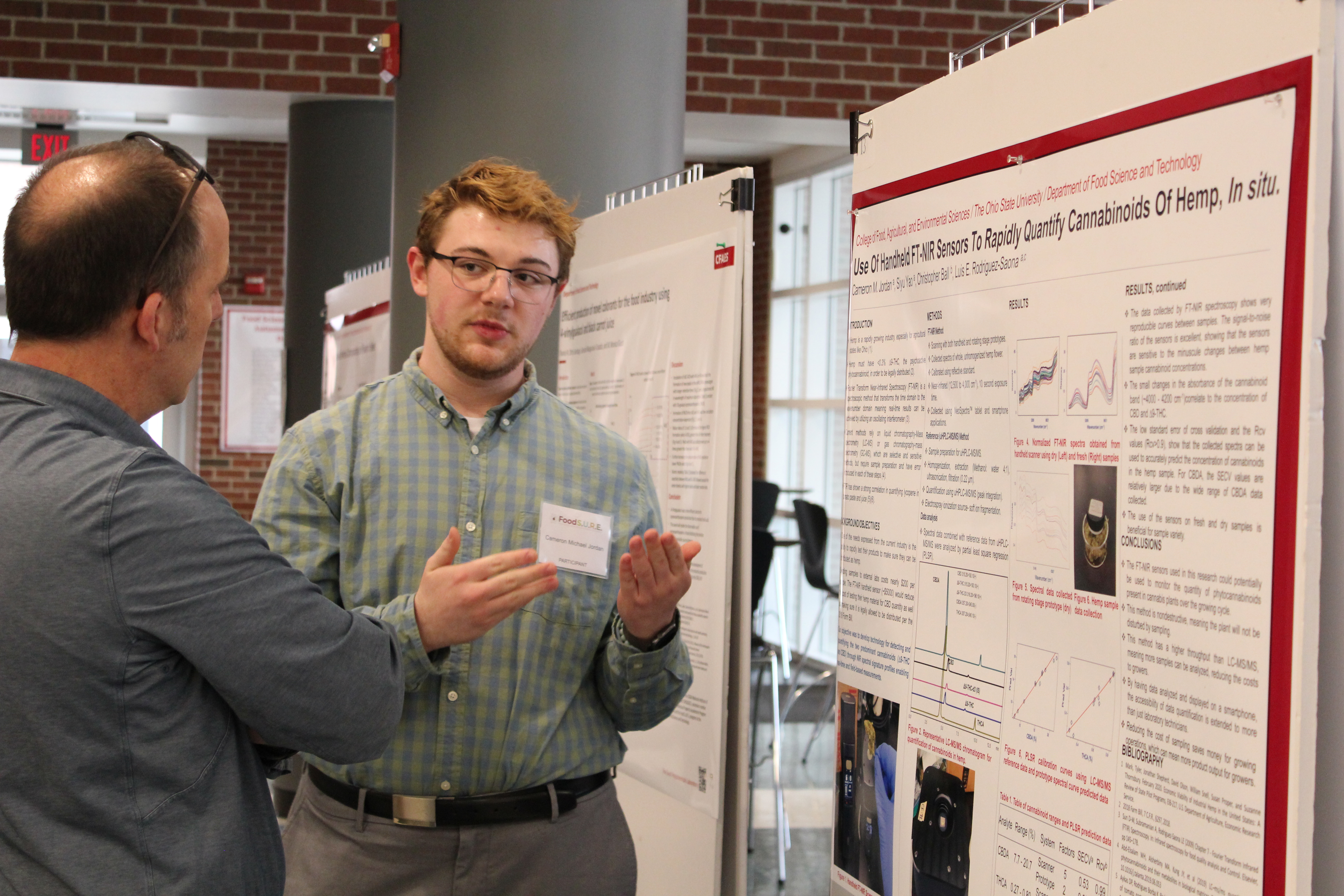Growing a Program of Research
The Ohio State University Department of Food Science and Technology developed a formal undergraduate research program in 2016 with the goal of engaging students at all ranks in conducting research. Food Science Undergraduate Research Experience (Food S.U.R.E.) seeks to build strong written and oral communication skills and to enhance analytical and critical thinking.

Yael Vodovotz, a professor in the department and program chair for FoodSURE, pointed out that formalizing a research program for undergraduate students fosters greater accessibility to laboratory research within the department and creates an easier navigation process for both the student who is curious, and the faculty and labs who are eager to mentor them. It also established steps and training all together in one place, that translates into a successful research outcome.
Participation in the program puts students on track for graduating with research distinction and receiving a scholarship from the department as well as credit hours upon enrollment. Program specifics include online modules that cover key topics relevant to research, such as how to write a proposal and lab safety. Biweekly meetings are held to discuss subject matter designed to help students on their journey. Topics include literature reviews, putting a poster together, and how to present your poster.
In addition to viewing the training modules and attending biweekly meetings, students are expected to present their research at a research forum or poster competition. FoodSURE coordinators Abbie Sommer and Fenfen Tang are both PhD candidates in the department and are responsible for keeping the program on track and noted that everything is done with the student in mind. Students can create their own schedule based on their project and course load, and duration of the program is determined by the project and availability. Students who successfully complete the program are encouraged to participate again.

Sommer noted that her interest in this program stemmed from her own undergraduate experience. “During my undergraduate, I found research intimidating and never really felt comfortable in the lab. I always felt like I wasn’t supposed to be there. The FoodSURE program offers an “in” for undergraduate students wanting to pursue research. I wanted to offer support to these students and make them feel welcome and validated.”
Students are required to have an industry relevant internship as a part of their graduation requirement at Ohio State and many students were left wondering where they could turn for experience when COVID forced many companies to place a hold on things like summer internships. Tang heard from a number of students who participated in FoodSURE this past year that they were grateful for all of the relevant research and lab experience they were getting as they missed out on some traditional internship experiences because of COVID. “I also heard the lab experiments of some courses were canceled, and FoodSURE made it possible to get lab bench work experience.”





